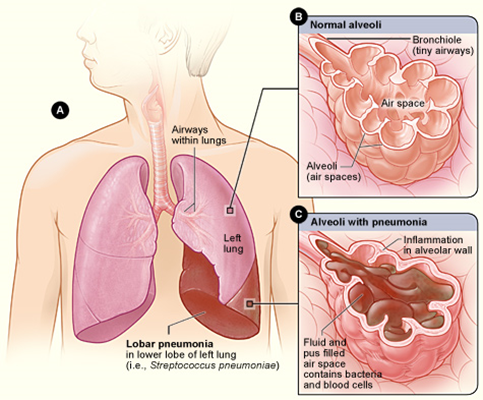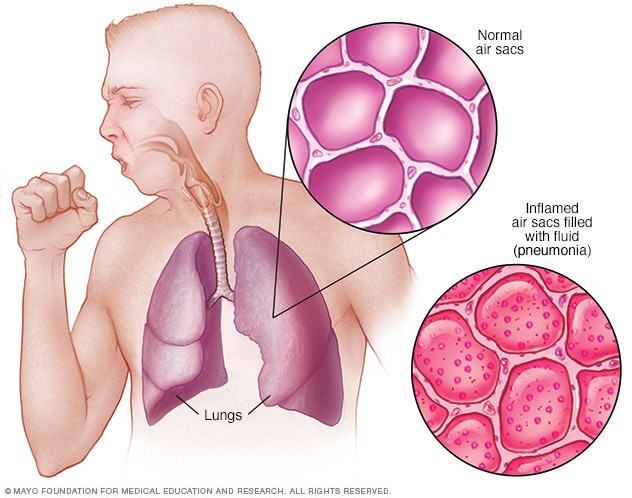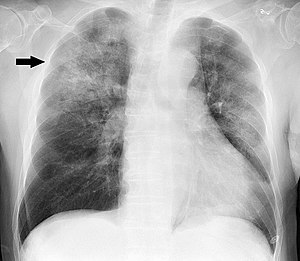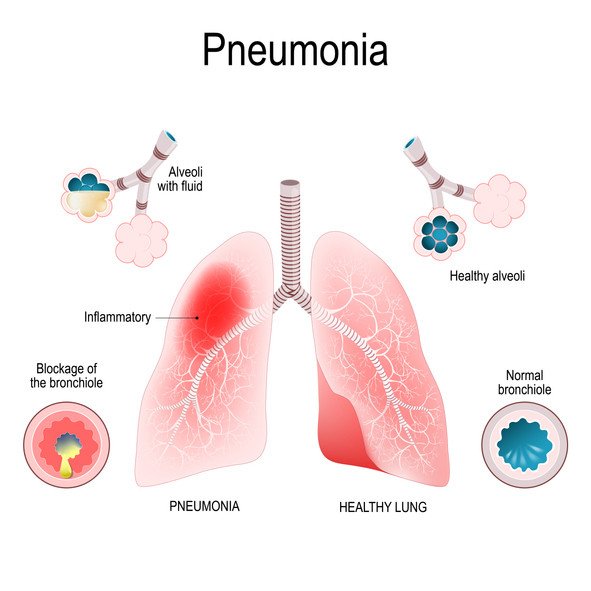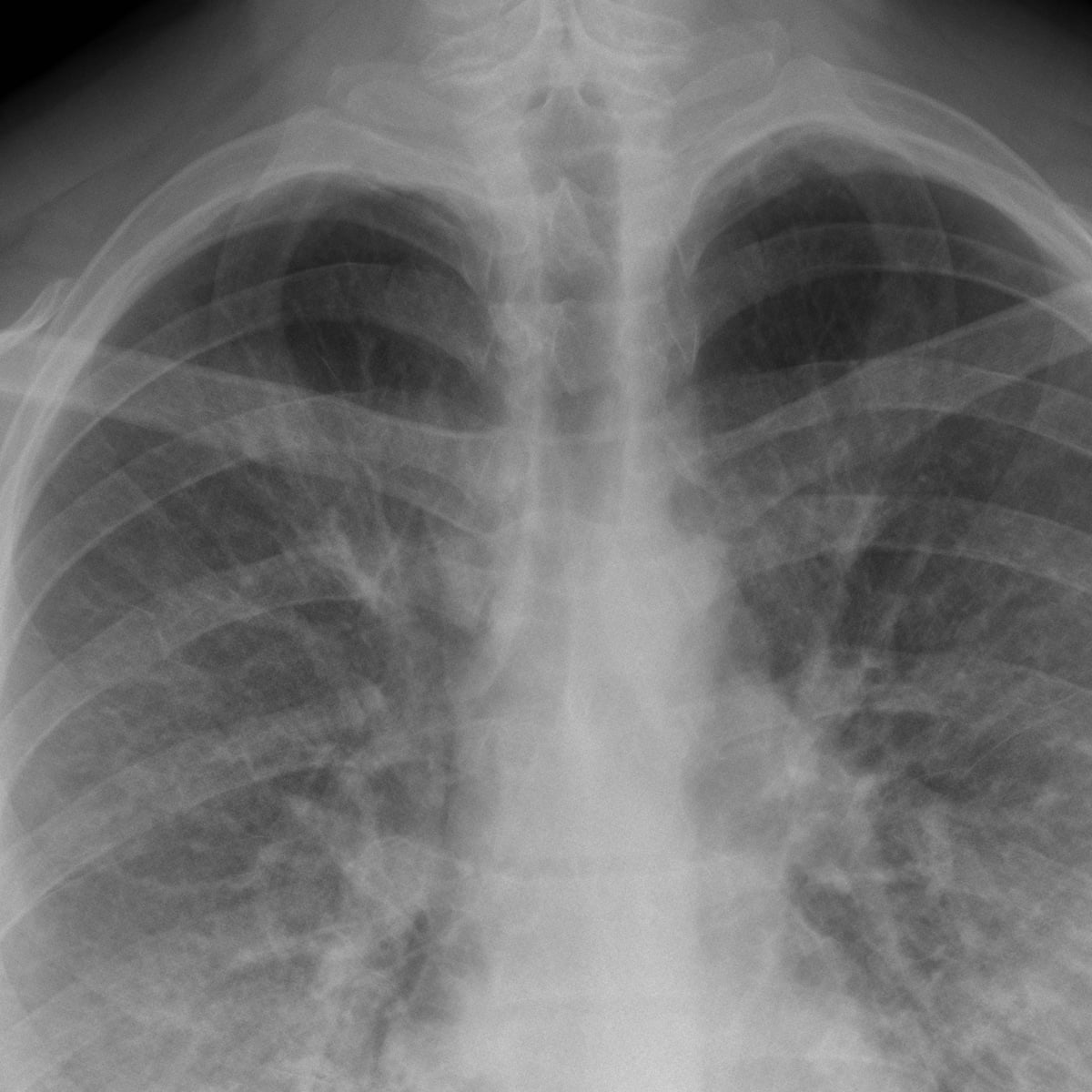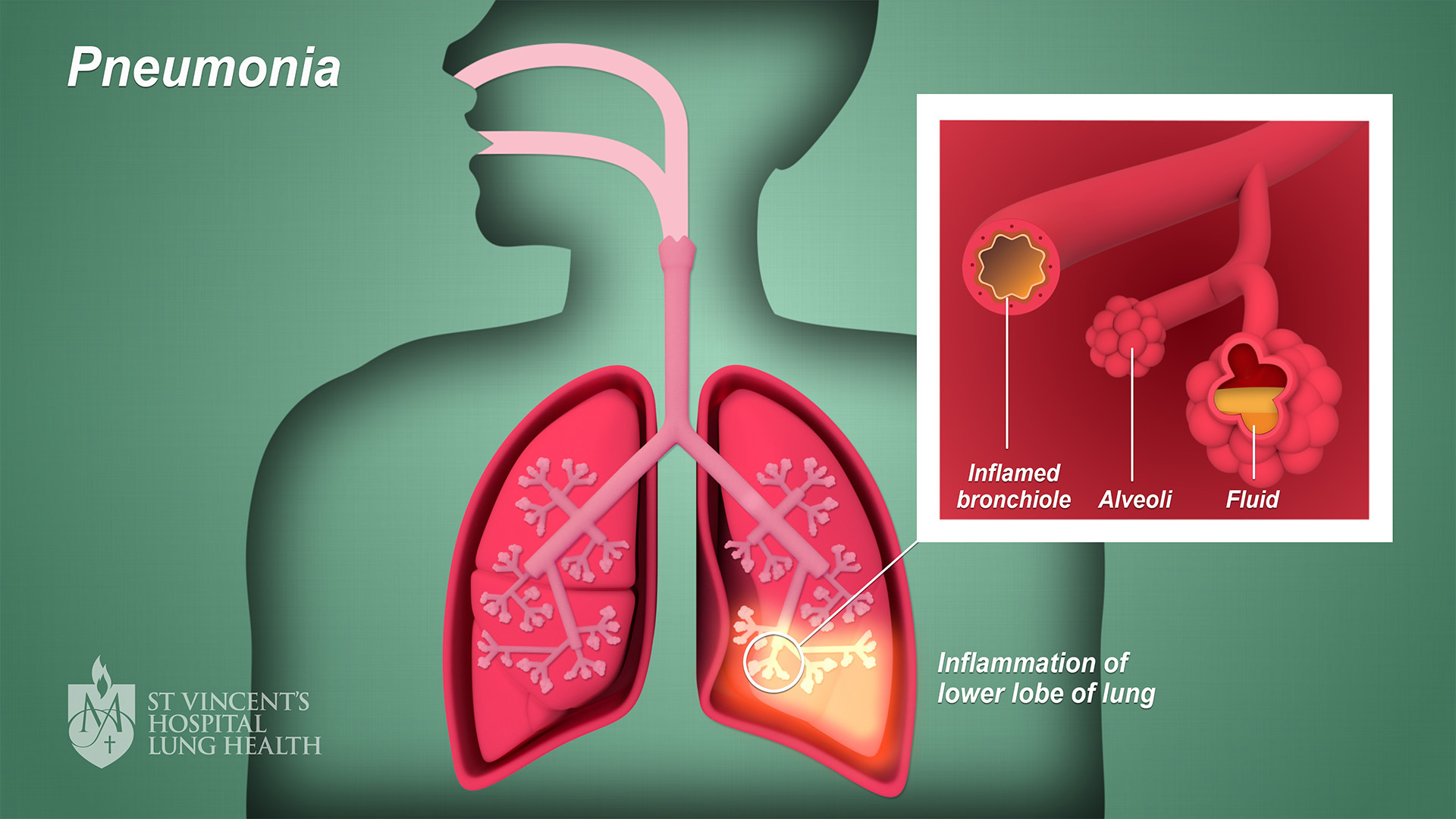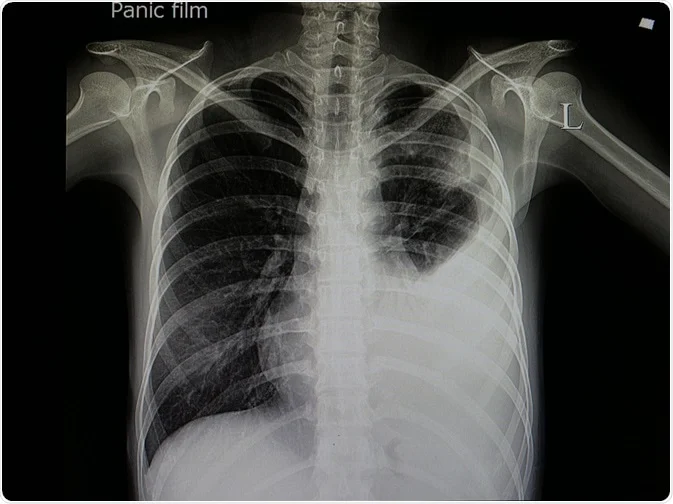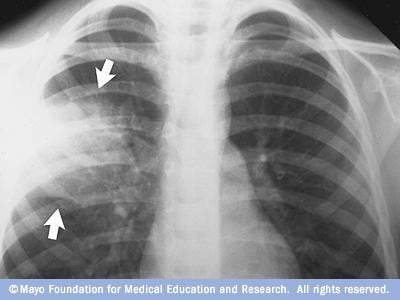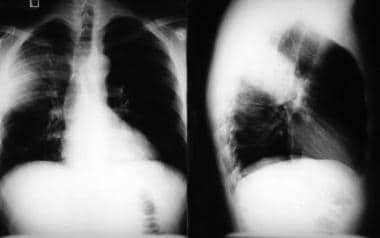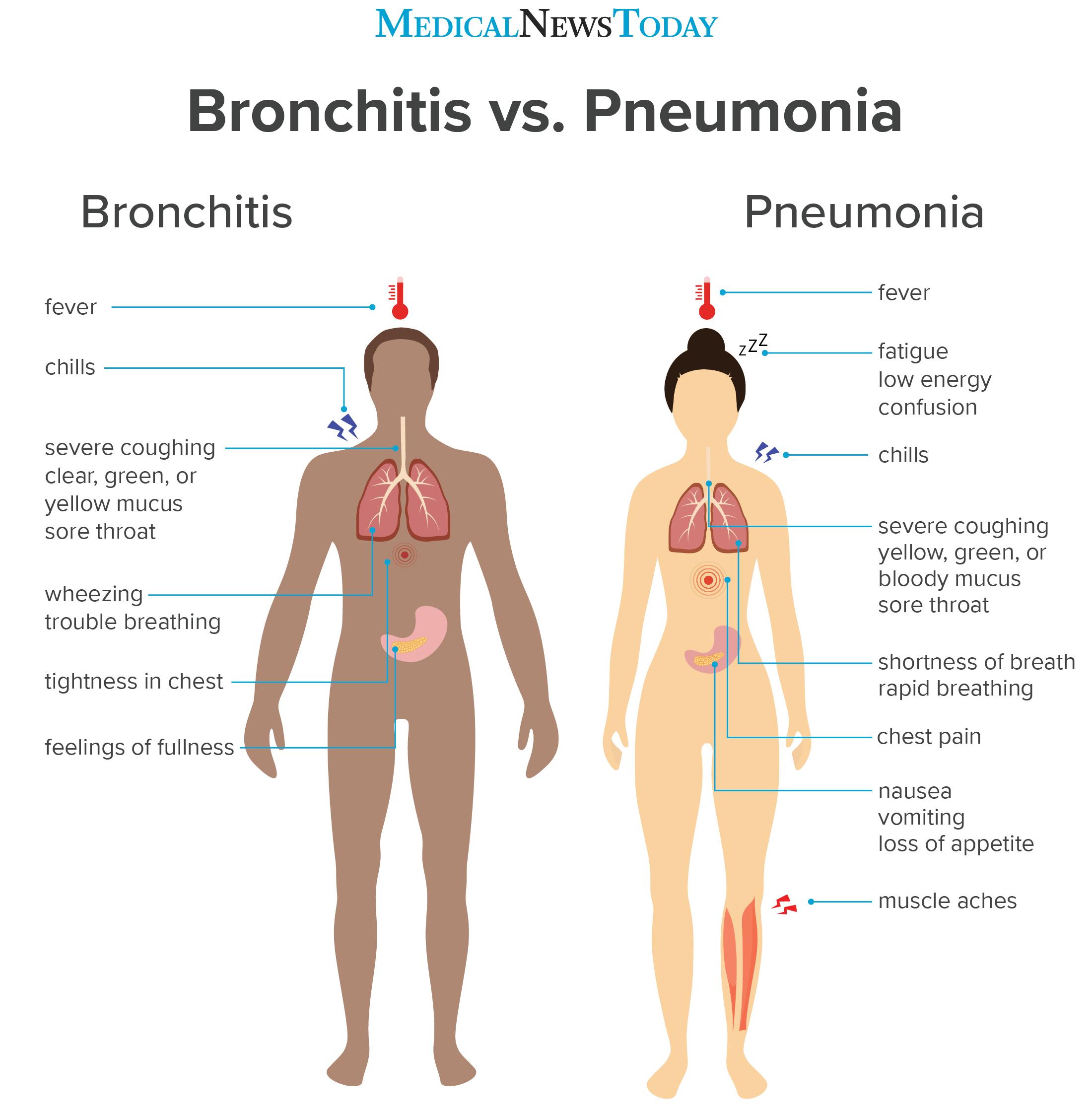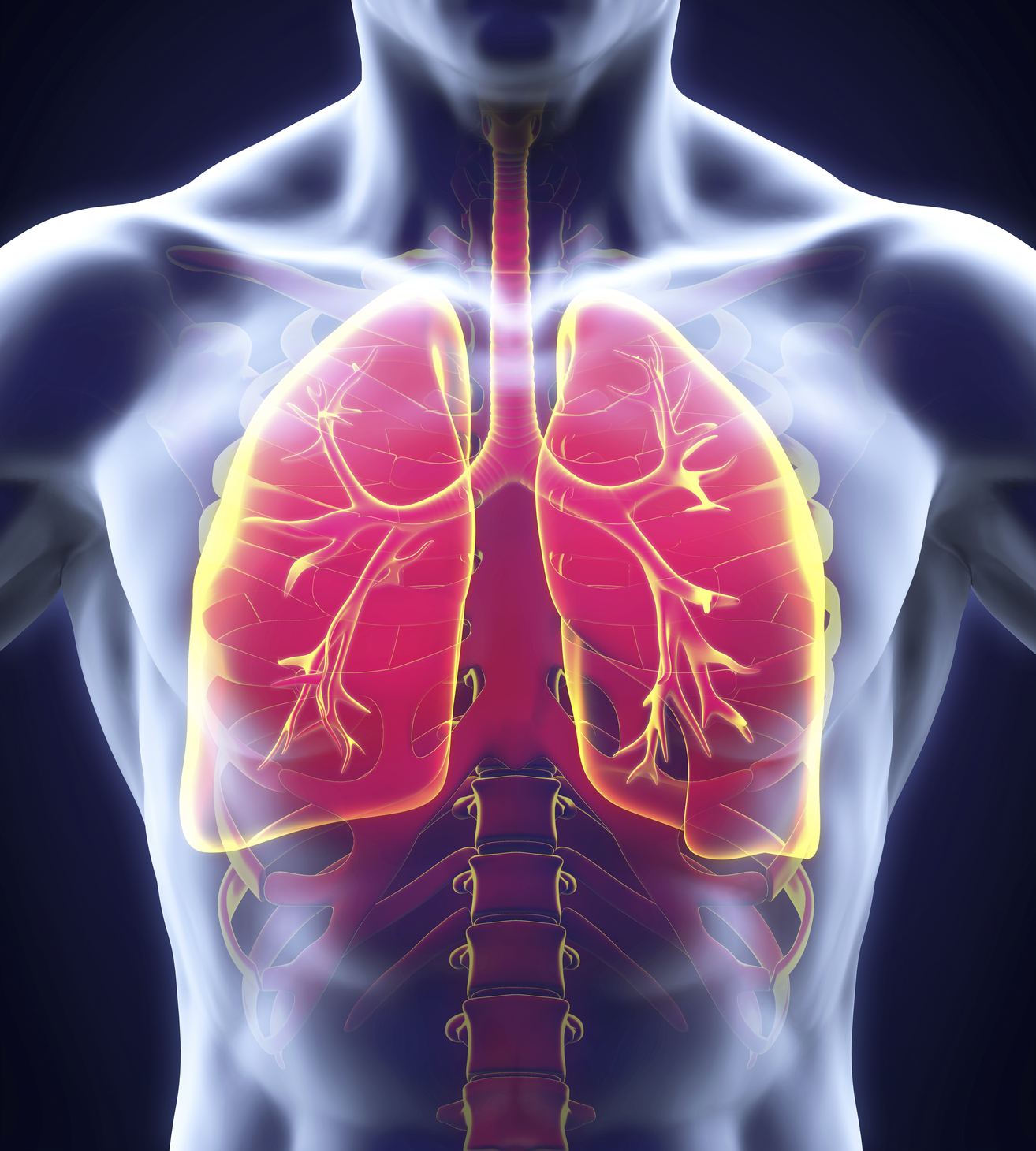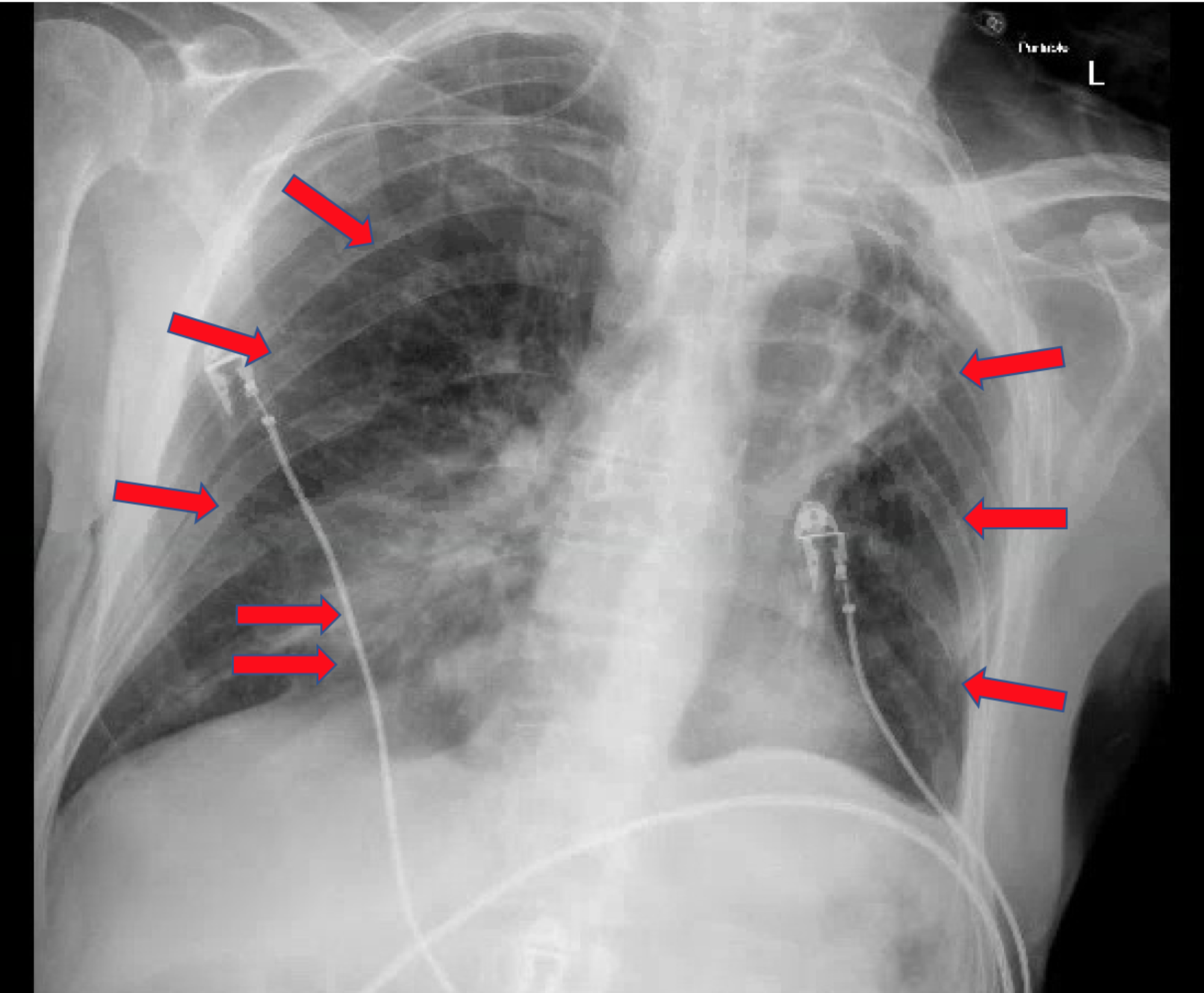Pneumonia

Pneumonia is an infection of the lungs that can cause mild to severe illness in people of all ages.
Pneumonia. Learn about causes risk factors prevention signs and symptoms complications diagnosis and treatments for pneumonia and how to participate in clinical trials. Pneumonia is an infection of the lungs caused by fungi bacteria or viruses. Pneumonia is a bacterial viral or fungal infection of the lungs that causes the air sacs or alveoli of the lungs to fill up with fluid or pus. Symptoms typically include some combination of productive or dry cough chest pain fever and difficulty breathing.
These practices include washing your hands regularly and disinfecting frequently touched surfaces. Pneumonia is an inflammatory condition of the lung primarily affecting the small air sacs known as alveoli. Pneumonia is usually caused by infection with viruses or bacteria and less commonly by other microorganisms. The air sacs may fill with fluid or pus purulent material causing cough with phlegm or pus fever chills and difficulty breathing.
Pneumonia is an infection that inflames the air sacs in one or both lungs. Pneumonia is the infection and inflammation of air sacs in your lungs. The severity of the condition is variable. You can also help prevent pneumonia and other respiratory infections by following good hygiene practices.
General symptoms include chest pain fever cough and trouble breathing.
